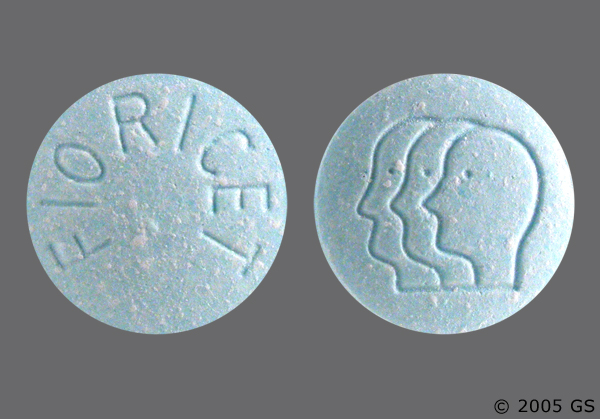Barbiturates may be habit-forming: Tolerance, psychological dependence, and physical dependence may occur especially following prolonged use of high doses of barbiturates.
The Symptoms of Butalbital Withdrawal
In most cases, Fioricet withdrawal lasts anywhere from 8 hours to three days after the last dose. Withdrawal is the biggest obstacle to overcoming dependence on Fioricet, which is why rehab centers provide detox programs so that people can safely undergo the withdrawal cycle without the risk of relapse. It is best to undergo withdrawal under medical supervision because some withdrawal symptoms are dangerous.
Rebound headaches are the most common symptoms of Fioricet withdrawal. Other symptoms of withdrawal include:
- Anxiety
- Dizziness
- Insomnia
- Muscle spasms
- Nausea and vomiting
- Rapid emotional changes
- Seizures (in rare cases)
- Tremors
- Weakness

The average daily dose for the barbiturate addict is usually about 1500 mg. As tolerance to barbiturates develops, the amount needed to maintain the same level of intoxication increases; tolerance to a fatal dosage, however, does not increase more than two-fold.
As this occurs, the margin between an intoxication dosage and fatal dosage becomes smaller. The lethal dose of a barbiturate is far less if alcohol is also ingested. Major withdrawal symptoms (convulsions and delirium) may occur within 16 hours and last up to 5 days after abrupt cessation of these drugs. Intensity of withdrawal symptoms gradually declines over a period of approximately 15 days. Treatment of barbiturate dependence consists of cautious and gradual withdrawal of the drug.
Barbiturate-dependent patients can be withdrawn by using a number of different withdrawal regimens. One method involves initiating treatment at the patient’s regular dosage level and gradually decreasing the daily dosage as tolerated by the patient.
What are the Symptoms of a Fioricet Overdose?
While butalbital is the addictive ingredient in Fioricet, acetaminophen is the ingredient which is liable to cause an overdose. Unfortunately, people who misuse Fioricet as a recreational drug or as a way to suppress withdrawal are most likely to suffer an overdose.
When a person overdoses on Fioricet, the acetaminophen will damage their liver. In severe cases, an overdose can even provoke fatal liver failure. For this reason, it is dangerous to take Fioricet together with another medication which contains acetaminophen because it increases the risk of overdose and death. Furthermore, drinking alcohol while taking Fioricet may also inflict liver damage.
A Fioricet overdose is a medical emergency, so it’s important to know the symptoms. An overdose on Fioricet and all other forms of liver failure cause jaundice, the yellowing of the skin and eyes. Other symptoms of an overdose include:
- Confusion
- Convulsions and seizures
- Fainting
- Irregular heartbeat
- Lack of appetite
- Nausea and vomiting
- Restlessness
- Stomach pain
- Sweating
- Tremors
